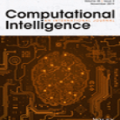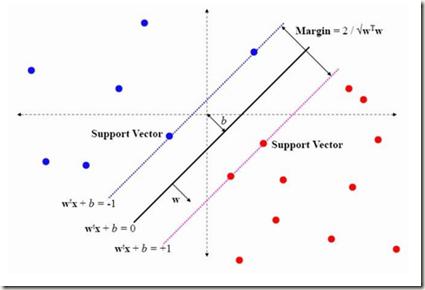Automatic detection of brain neoplasm in Magnetic Resonance Imaging (MRI) is gaining importance in many medical diagnostic applications. This report presents two improvements for brain neoplasm detection in MRI data: an advanced preprocessing technique is proposed to improve the area of interest in MRI data and a hybrid technique using Convolutional Neural Network (CNN) for feature extraction followed by Support Vector Machine (SVM) for classification. The learning algorithm for SVM is modified with the addition of cost function to minimize false positive prediction addressing the errors in MRI data diagnosis. The proposed approach can effectively detect the presence of neoplasm and also predict whether it is cancerous (malignant) or non-cancerous (benign). To check the effectiveness of the proposed preprocessing technique, it is inspected visually and evaluated using training performance metrics. A comparison study between the proposed classification technique and the existing techniques was performed. The result showed that the proposed approach outperformed in terms of accuracy and can handle errors in classification better than the existing approaches.
翻译:在许多医学诊断应用中,磁共振成像(MRI)自动检测大脑肿瘤的重要性正在增加。本报告介绍了在磁共振成像(MRI)数据中大脑肿瘤检测的两个改进:建议采用先进的预处理技术来改进对磁共振数据感兴趣的领域,并采用革命神经网络(CNN)进行特征提取的混合技术,随后是支持矢量机(SVM)进行分类。SVM的学习算法经过修改,增加了成本功能,以尽量减少对磁共振数据诊断错误的虚假正面预测。拟议方法可以有效检测肿瘤的存在,并预测其是否具有癌症(皮质)或非癌症(基质)性(基质)。为检查拟议的预处理技术的有效性,将使用培训性能指标进行视觉检查和评价。对拟议的分类技术与现有技术进行比较研究的结果显示,拟议的方法在准确性方面超出了现有方法的准确性,可以更好地处理分类中的错误。





